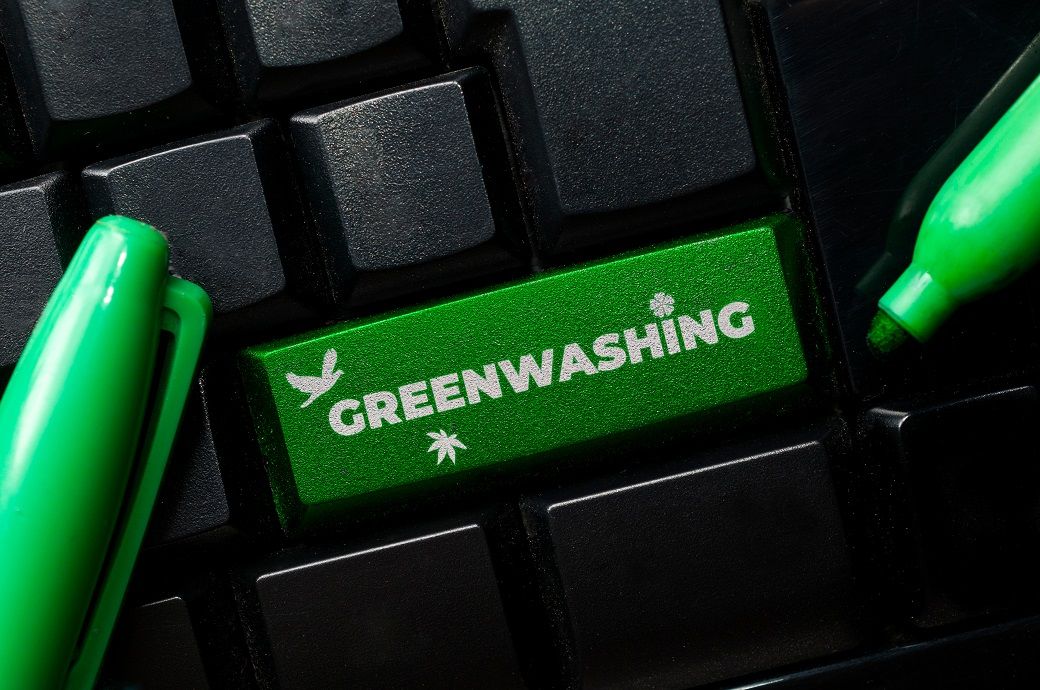
The agreement between the Parliament and the Council aims to curtail deceptive environmental claims and manipulative marketing tricks that exploit consumer consciousness about sustainability. It seeks to expand the existing EU list of banned commercial practices, adding a number of problematic marketing habits related to greenwashing and early obsolescence of goods. The end goal is to protect consumers from being misled and enable them to make informed purchasing decisions, as per a press release by the European Parliament.
The updated rules will ban several specific kinds of misleading claims such as generic environmental claims like ‘environmentally friendly’ or ‘eco’ unless backed by certified proof of excellent environmental performance; commercial communications about products with design features that limit their durability without providing full information, claims based on dubious emissions offsetting schemes, sustainability labels that are not backed by approved certification schemes or established by public authorities; and durability claims that are not substantiated by evidence.
The EU also mandates that guarantee information be made more prominent, as many consumers are unaware of the standard two-year guarantee for goods sold within the bloc. Additionally, a new label will be introduced to highlight products that offer extended guarantees.
The rules not only extend the list of banned practices but also mandate transparency measures that would affect a wide range of industries from technology to fashion.
Fibre2Fashion News Desk (KD)